Life
Sign up for our newsletter
We summarize the week's scientific breakthroughs every Thursday.
-
 Neuroscience
NeuroscienceToday’s depression treatments don’t help everyone
In the second story in the series, deep brain stimulation is a last resort for some people with depression.
-
 Health & Medicine
Health & MedicineThe science behind deep brain stimulation for depression
The third part of the series explores the promising brain areas to target for deep brain stimulation for depression.
-
 Neuroscience
NeuroscienceWhat’s it like to live with deep brain stimulation for depression?
The fourth article in the series explores the physical and emotional challenges of experimental brain implants for depression.
-
 Health & Medicine
Health & MedicineThere’s a stigma around brain implants and other depression treatments
The fifth article in the series asks why people are so uncomfortable with changing the brain.
-
 Neuroscience
NeuroscienceWhat’s the future of deep brain stimulation for depression?
The final story of the series describes efforts to simplify and improve brain implants for severe depression.
-
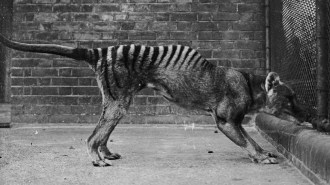 Animals
AnimalsFor the first time, researchers decoded the RNA of an extinct animal
The Tasmanian tiger, or thylacine, was hunted nearly to extinction. Now RNA extracted from a museum specimen reveals how its cells functioned.
-
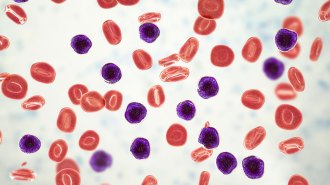 Health & Medicine
Health & MedicineA catalog of all human cells reveals a mathematical pattern
Smaller cells occur in larger numbers in the human body, and cells of different size classes contribute equally to our overall mass.
-
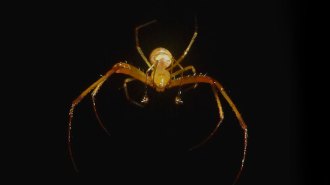 Animals
AnimalsSome cannibal pirate spiders trick their cousins into ‘walking the plank’
A pirate spider in Costa Rica uses a never-before-seen hunting strategy that exploits the way other spiders build webs.
-
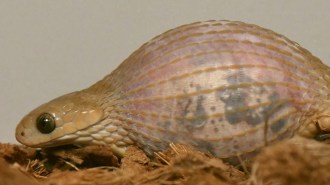 Animals
AnimalsA little snake’s big gulp may put all other snakes to shame
The humble Gans’ egg-eater can wrap its mouth around bigger prey than any other snake of its size.
-
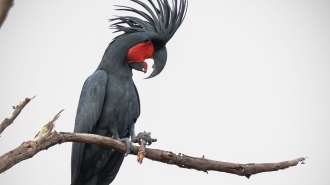 Animals
AnimalsWild male palm cockatoos rock out with custom drumsticks
Along with flashy dances and distinctive drumbeats, these birds craft their own signature drumsticks to win over mates.
By Elise Cutts -
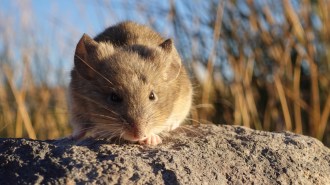 Animals
AnimalsThe world’s highest-dwelling mammal isn’t the only rodent at extreme elevation
After discovering a mouse living nearly 7,000 meters above sea level, scientists scoured other extreme environments to make sure the find wasn’t a fluke.
By Meghan Rosen -
 Ecosystems
Ecosystems‘Crossings’ explores the science of road ecology
Ben Goldfarb talks about his new book, which looks at the science that’s helping to prevent animals from becoming roadkill.
By Amanda Heidt